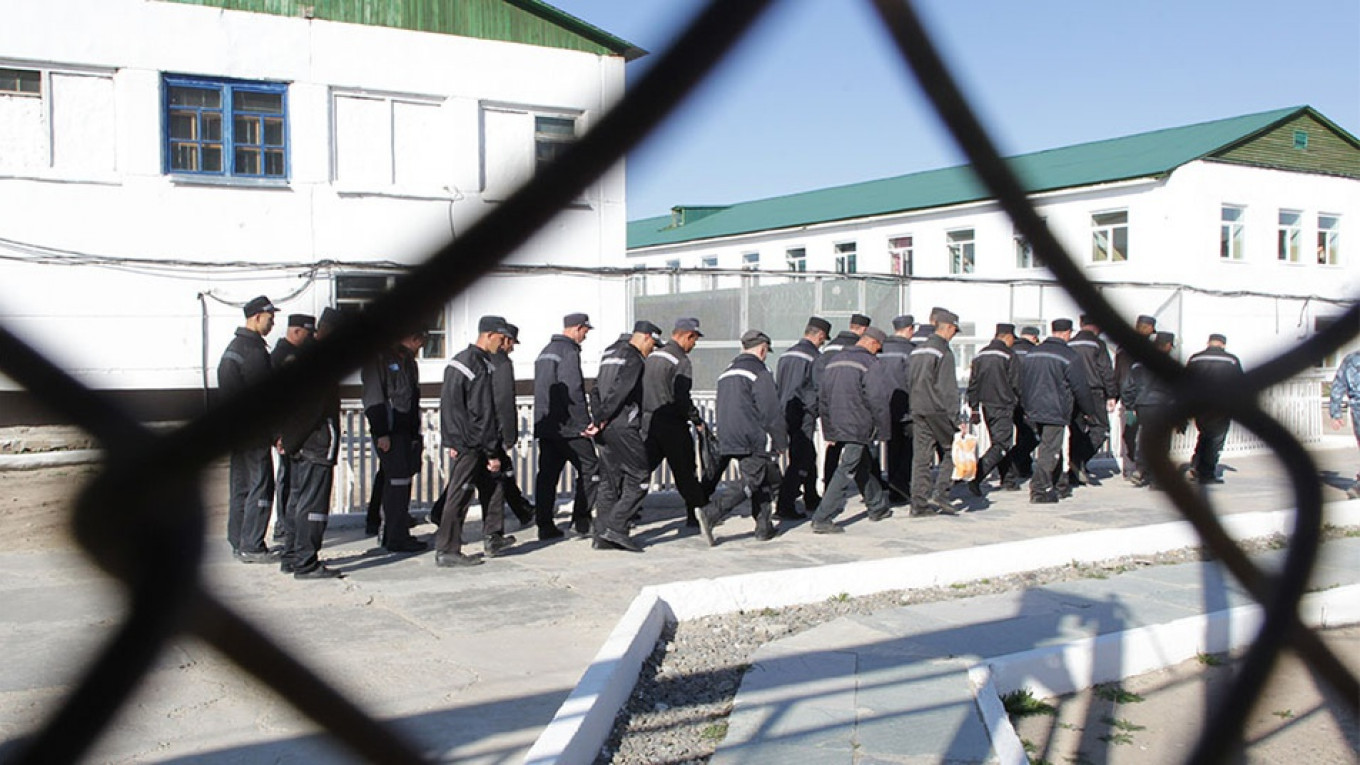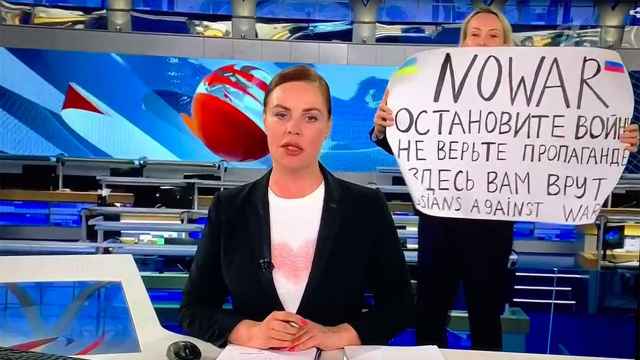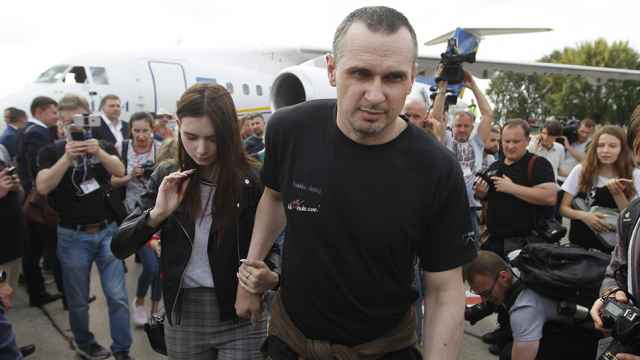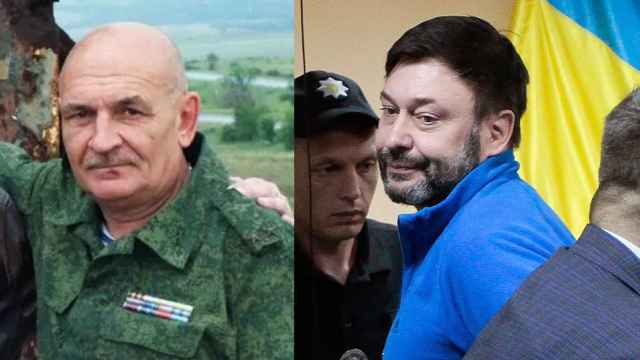Ukraine and Russia have agreed a prisoner swap expected to involve a total of 277 people taken captive in the conflict in eastern Ukraine, a senior Ukrainian official said on Thursday.
Roman Bezsmertny said Kiev expected to exchange 208 people serving jail sentences in Ukraine for 69 Ukrainians.
"The most important — an agreement was reached on the start of exchange procedure of prisoners of war, illegally held, convicted persons in the ratio of 208 to 69," he said.
Bezsmertny represents Ukraine in the working group on political issues of the Trilateral Contact Group, a body that aims to facilitate a diplomatic resolution to the conflict.
The accord was concluded in the Belarus capital Minsk following talks in the trilateral group, whose other members are Russia and the Organisation for Security and Co-operation in Europe, a European security body tasked with monitoring a 2015 ceasefire agreement.
Bezsmertny gave no exact date for the exchange but said the preparatory procedures could take up to several months.
Vadym Prystaiko, a senior presidential official and the nominee for the post of Ukrainian foreign minister, this week said Ukraine and Russia agreed that this exchange could take place over the next month.
Kiev's forces have been battling pro-Russian separatists in the Donbass region of eastern Ukraine since 2014, in a conflict that has claimed more than 13,000 lives. Sporadic fighting continues despite the ceasefire agreement.
In the last prisoner exchange, conducted in December 2017, Ukraine handed over about 300 captives to pro-Russian separatists and took back around 70, but disagreements have prevented any further swaps since then.
Russia still holds dozens of Ukrainian captives from the conflict but it is unclear how many Russians are being held in Ukraine.
A Message from The Moscow Times:
Dear readers,
We are facing unprecedented challenges. Russia's Prosecutor General's Office has designated The Moscow Times as an "undesirable" organization, criminalizing our work and putting our staff at risk of prosecution. This follows our earlier unjust labeling as a "foreign agent."
These actions are direct attempts to silence independent journalism in Russia. The authorities claim our work "discredits the decisions of the Russian leadership." We see things differently: we strive to provide accurate, unbiased reporting on Russia.
We, the journalists of The Moscow Times, refuse to be silenced. But to continue our work, we need your help.
Your support, no matter how small, makes a world of difference. If you can, please support us monthly starting from just $2. It's quick to set up, and every contribution makes a significant impact.
By supporting The Moscow Times, you're defending open, independent journalism in the face of repression. Thank you for standing with us.
Remind me later.






